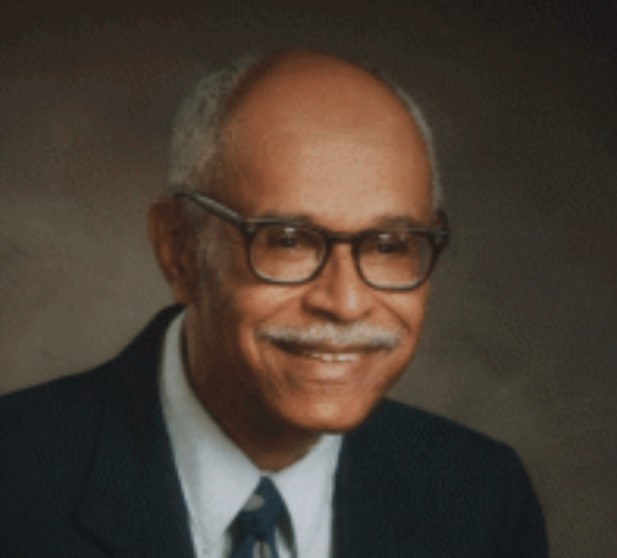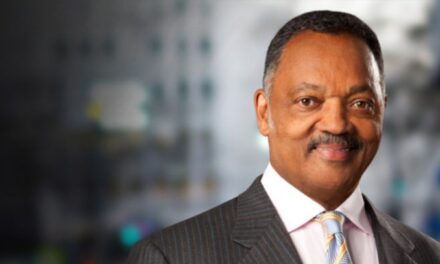By Dr. Richard F. Gillum
Thanksgiving and Christmas 2022 brought appeals led by UNICEF-USA for victims of famine and drought related to climate change in the Horn of Africa. This crisis and the attending appeals were barely noticed by western media or the American public, which were focused on politics, Ukraine, celebrities and holiday shopping. I convinced my small church in a Maryland suburb to take a special collection to aid the victims. The crisis resulted from years of drought which forced many tens of thousands to abandon their withered fields and dead livestock to walk dusty roads to displaced persons camps in places like Baidoa, Somalia. Many, especially infants and the elderly died along the way. Because of the inadequate donor nation response, children continued to die in the camps of malnutrition and disease or outright starvation.
During the spring of 2023, the need for aid continued but rainfall in the area brought to many of us hope that local agriculture could restart and the nations begin recovery. But the effects of climate change due to burning of fossil fuels in industrial nations, foremost the US, China, and states of the European Union, it should come as no surprise that these hopes were dashed. Spring rains turned into summer downpours continuing through fall and into winter. The latest report from the BBC indicates that a million people in Somalia alone have been displaced due to record flooding. The cyclic pattern of El Nino combined with climate change to continue the extreme weather in the Horn of Africa, with a resulting growing death toll. The nations in that region (Ethiopia, Somalia, Kenya, South Sudan, Eritrea) contributed negligible amounts of greenhouse gasses during this century and the last to drive climate change. Yet they, like coastal regions and islands in the poor nations around the world, suffer devastating losses to life and property. How unfair, how unjust, we may think.
Even as I write, nations of the world have gathered in Dubai for the two-week COP28 climate negotiations. Leaders of the world like António Guterres, secretary general of the UN, Pope Francis, and the National Council of Churches, lead by Bishop Vashti Murphy McKenzie, are calling for drastic action to cut fossil fuel use, while leaders of poor countries appeal for more aid to mitigate current effects of climate change such as flooding in the Horn of Africa, Pakistan and other areas. The hosting of the conference by a major oil producing country has cast a cloud over the proceedings. President Biden will not attend in person. Pope Francis has canceled his plans to attend due to illness. A number of U.S. denominations and other advocates of climate justice will be present but what are they among all the hordes of petrochemical industry lobbyists?
Climate scientists tell us that the climate situation is not hopeless, nor is it an all or none phenomenon. It is too late to prevent all the bad effects of climate change, but there is still time to prevent the effects of coastal flooding, extreme hurricanes and other storms, drought and wildfires even worse than what we have seen so far. U.S. greenhouse gas emissions peaked around 2006 and have been declining slightly due to efforts made so far. Emissions in China are still rising, but China is adding record amounts of solar and wind capacity and is expected to reach peak emissions soon. So we advocates of climate justice need to follow the advice of the old spiritual: “children don’t get weary ‘til your work is done.”
We must inform ourselves and others using courses and materials such as those of the NAACP . We must advocate for clean energy policies at local, state and national levels of government. In our churches, HBCU’s and other institutions we must transition from fossil fuels to roof-top solar panels or choose solar and wind companies to be our electric power supplies though our local utilities. We must take advantage of government incentives to stop burning oil or gas for HVAC and hot water and switch to electric heat pumps. We must insulate, weatherstrip and choose efficient Energy Star appliances. We must urge our brothers and sisters to do the same in their households, as well as drive and fly less, eat less red meat and replace gas vehicles with hybrid electric or electric ones. Groups like Interfaith Power and Light and the NAACP can provide us with ethical and practical resources to ease the transition. And we must remember the victims of climate change by supporting UNICEF and other NGOs. It will be a long journey, but walking together we can reach our goal of climate justice for all.
The post Climate change, climate justice and the Horn of Africa appeared first on AFRO American Newspapers .










